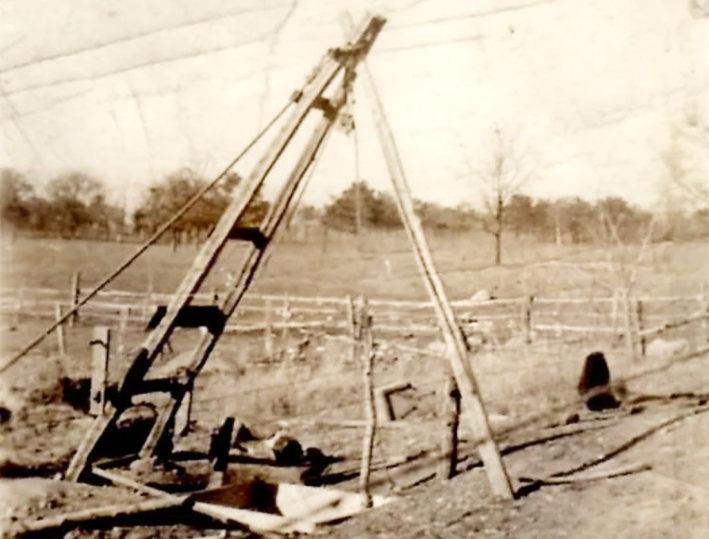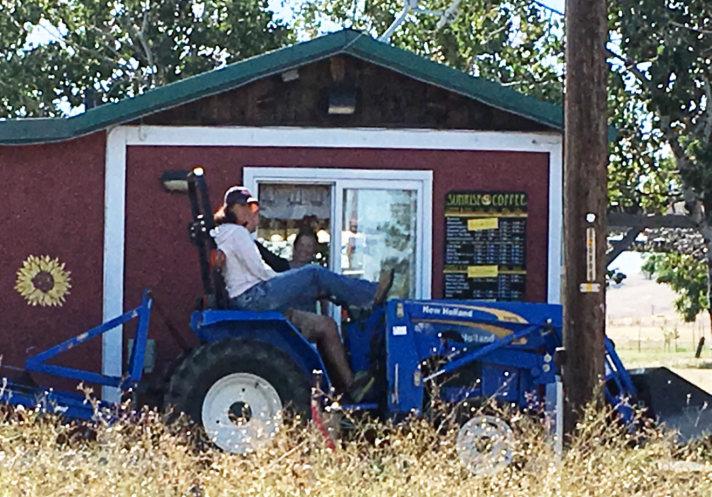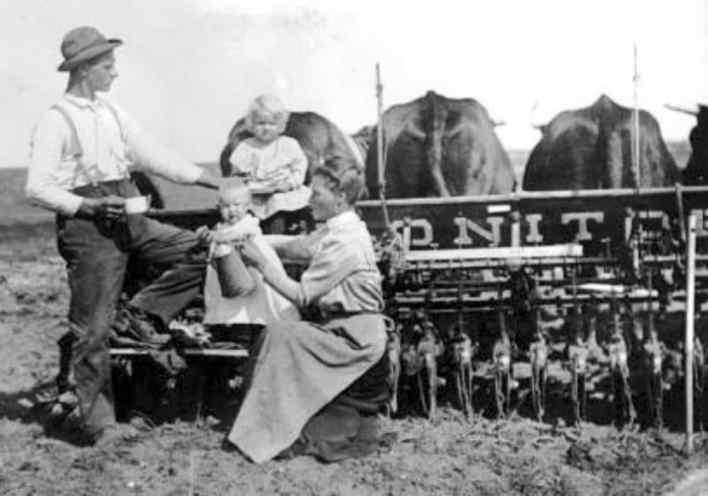
1 minute read
Elect JOANNE AUDITOR (ENYEART) CHAMBERS [R]
from Harvest 2022
well digging has given way to modernized well drilling machinery. No longer do we hand-pump from a well or bucket water from the stream since mechanical pumps were invented and developed to bring this lifegiving liquid to the surface.
My
Advertisement

Modernization was not just a benefit to the harvest crew. Men throughout the centuries could not have survived the hardscrabble work of reaping what was sown, nor sowing what was reaped for that matter, if not for the women toiling over hot cookstoves. The saying, “Men work from sun to sun, but a woman’s work is never done” was never truer than before the modern kitchen came into being. Keeping the fire stoked in the house during summer heat was no small task. This was necessary not only to cook two to three meals a day, but also for the never-ending cleanup. Amidst those grueling daily duties, they tended to all the canning and food preservation the family would need to make it through until the next year, after, of course, they had planted, maintained, and harvested their garden.
Although electricity was being used in a few places in Klickitat County in the early 1900s, it wasn’t until 1938 that the people voted to have a Public Utility District established. It took some years, but eventually all the homes and farms in the county were wired, making wood cookstoves obsolete for kitchen chores. To further the lifting of some of the back-bending work, the advent of affordable dishwashers, air conditioning, and small kitchen appliances definitely relieved the cooking crew of a great deal of their laborious part of their tasks.
Encouraging each other in their dreams of a better life in the future, men and women took on their arduous tasks during extreme heat, hardship, and victories during the harvest season and beyond. Yes, farming and the farming lifestyle has changed, yet the spirit of the farmer’s heart and vision for family continues on as they fulfill their destiny in God’s creation.



And let’s not forget the difference in breaks farmers and their wives took then and now in modern world (pictures above).
—Peggy Woodard










